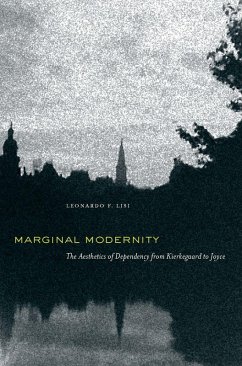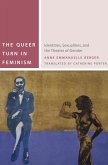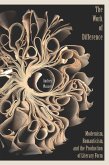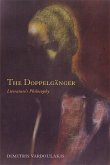Two ways of understanding the aesthetic organization of literary works have come down to us from the late 18th century and dominate discussions of European modernism today: the aesthetics of autonomy, associated with the self-sufficient work of art, and the aesthetics of fragmentation, practiced by the avant-gardes. In this revisionary study, Leonardo Lisi argues that these models rest on assumptions about the nature of truth and existence that cannot be treated as exhaustive of modernist form.Lisi traces an alternative aesthetics of dependency that provides a different formal structure, philosophical foundation, and historical condition for modernist texts. Taking Europe's Scandinavian periphery as his point of departure, Lisi examines how Sren Kierkegaard and Henrik Ibsen imagined a response to the changing conditions of modernity different from those at the European core, one that subsequently influenced Henry James, Hugo von Hofmannsthal, Rainer Maria Rilke, and James Joyce.Combining close readings with a broader revision of the nature and genealogy of modernism, Marginal Modernity challenges what we understand by modernist aesthetics, their origins, and their implications for how we conceive of our relation to the modern world.
Dieser Download kann aus rechtlichen Gründen nur mit Rechnungsadresse in A, B, BG, CY, CZ, D, DK, EW, E, FIN, F, GR, HR, H, IRL, I, LT, L, LR, M, NL, PL, P, R, S, SLO, SK ausgeliefert werden.









